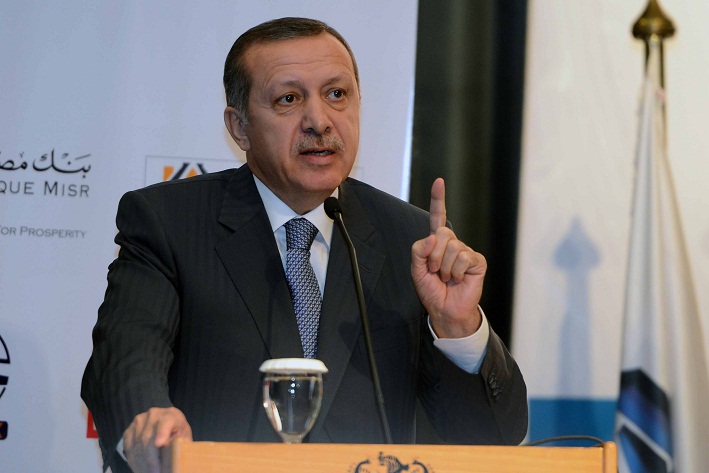The Ministry of Health and Population has closely followed the epidemiological situation of the “monkeypox” virus, which has spread in a number of European countries.
Monkeypox can be caught from infected wild animals in parts of west and central Africa. It’s thought to be spread by rodents, such as rats, mice, and squirrels, according to the National Health Service in England.
The Egyptian ministry stressed that no suspected cases of monkeypox have been recorded in Egypt so far.
Hossam Abdel Ghaffar, the spokesperson for the Ministry of Health and Population, said the virus that causes monkeypox is very similar to the virus that causes smallpox, but it is less deadly and less transmissible.
He indicated in a statement on Friday, that monkeypox causes symptoms that include high temperature and rashes, and it was first discovered in laboratory monkeys in 1958.
Abdel Ghaffar pointed out that the virus rarely outbreaks in different areas. He explained that monkeypox does not spread easily, as it requires direct contact between people and animals infected with the virus for long periods, which makes it unlikely that it will turn into a global pandemic such as Covid-19.
Recently, more than 100 cases have been recorded outside Africa, where the disease is endemic.
The World Health Organization held an emergency meeting last Friday, which dealt with an outbreak of monkeypox, after more than a hundred cases were suspected in Europe.
The organization said it is working with its partners to “better understand the extent and cause of monkeypox.”
It also noted in a statement that this virus “is endemic to some animal communities in a number of countries, and sometimes causes an outbreak of this disease among local residents and travellers. But the recent outbreaks of this virus, which were monitored in 11 countries, are considered unusual because they were discovered in non-endemic countries.”
The statement indicated: “About 80 cases have been recorded in the world so far, and 50 others are under scrutiny. It is likely that more cases will be reported in parallel with the expansion of the monitoring process.”
The statement also stated that the World Health Organization “is working with affected countries and other countries to expand disease surveillance to monitor and support people who may be infected, and provide them with guidance on how to deal with the disease.”

